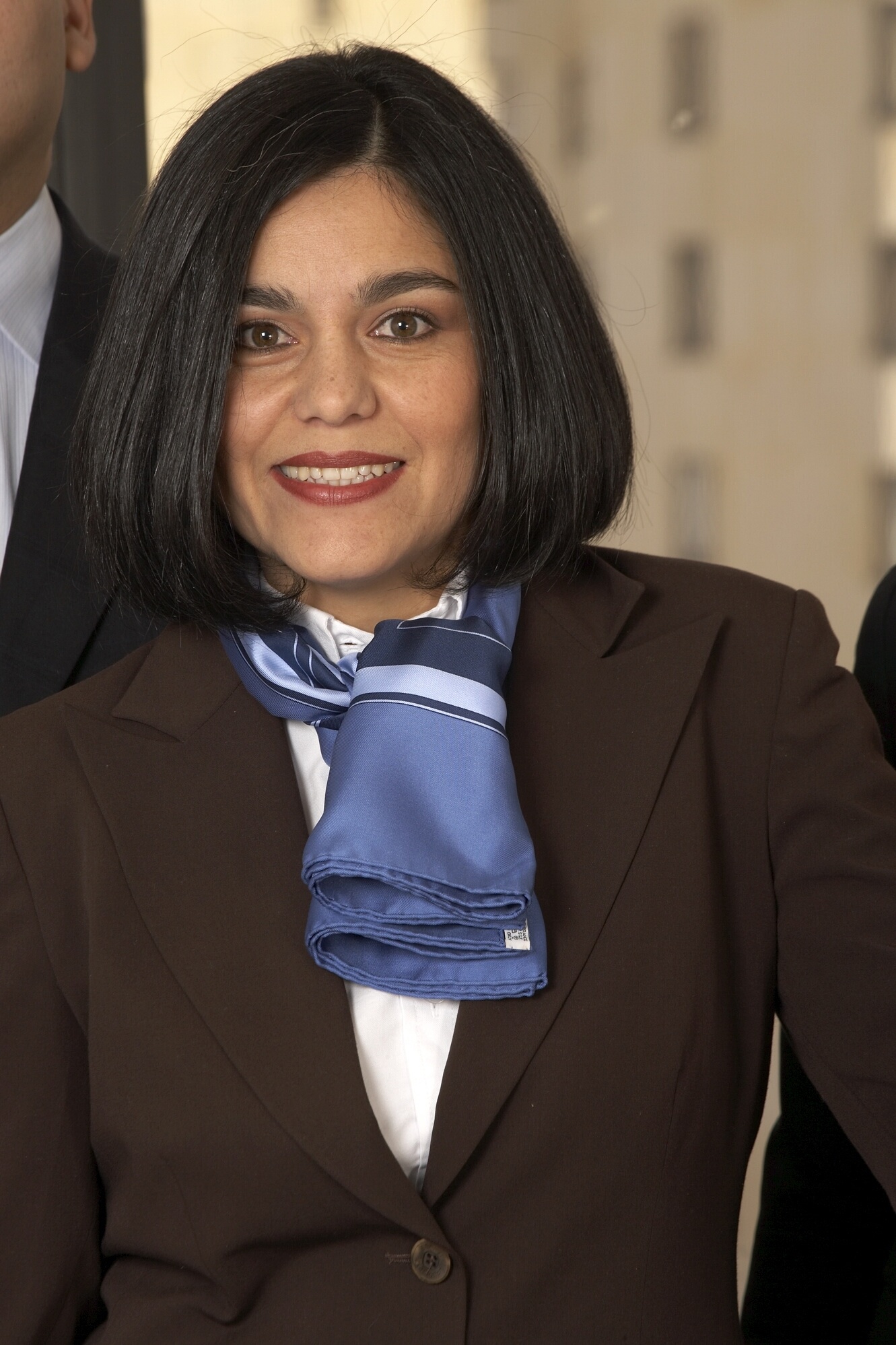This has been considered one of the most important advances in the Colombian legislation on fair competition and users rights. Since 2007 this draft bill was under way of legislation. It has upgraded and clarified the powers and organized the functions of competition-related authorities in Colombia, including specific provisions that were issued before 1992.
In the process of discussing the arguments converged by the Ministry of Foreign Trade and the fundamental contributions of the speakers in the Senate and the House of Representatives, who received academic support from Externado University of Colombia and other entities.
One of the most important changes brought by the new legislation was the designation of a single authority in this field. Despite the objection by the Superintendence of Public Services, the Superintendence of Industry and Commerce (SIC) will now be responsible for investigating and punishing violations of rules on competition, for all those engaged in economic activities, regardless of the sector in which they act. This sought to avoid regulatory arbitrage between businesses monitored by different superintendencies and designated the supervisory function to a single agency: The SIC.
Similarly, the new regulation requires a proper coordination between the SIC, as a single competition authority and the different regulatory bodies. It also delegated to the Superintendent the duty to rule on the impact of intervention projects on competition. In addition, minor exceptions were given to agriculture, aviation and finance.
The new regulation also clarifies that the general system composed of the Act 155 of 1959 and Decree 2153 of 1992 is applicable to all areas of trade and, therefore, when there are provisions for any activity that may not be repealed other estimates. In this way it seeks to abolish the possibility that the bodies were brought forward to sectoral regulations, in order to avoid a more lax enforcement of regulations on free competition.
Moreover, the transfer of powers to the SIC seeks that the procedure for such cases will be the same for all investigations.
This ensures greater safety for investigations and an appropriate use of the state’s resources. Similarly, it eased the conditions under which interested parties and the general public can participate in this type of administrative actions when affected by behaviors that restrict competition.
Finally, the Law intends to prevent the use of guarantees to interrupt or terminate processes when they have been initiated, as well as to allow whistle-blowers and those who collaborate effectively in the wrong conduct’s investigation a reduction or remission of the penalty, which may apply in order to encourage good business practices and the collaboration of natural persons in the state’s legal actions.
In addition, it included the obligation to take prompt and severe measures, and linked the value of fines to up to 150 percent of the gain from the wrongful demeanor. Now, a company that engages in practices such as abuse of dominant position may be fined up to 100,000 minimum Colombian salaries, which is around US$25 million.
Additionally, among the most substantial changes that the new Law will bring are the changes in the procedure to notify mergers and acquisitions, as well as the maximum term for sanctioning restrictive practices (today is three years and with the new law it will be five years).
Therefore, this new Law will allow the Superintendence of Industry and Commerce to have better tools in order to carry out its supervisory work.
Gabriela Mancero, agency & distribution country expert for Colombia
The text of the law can be found in the Legislation Section of the website
